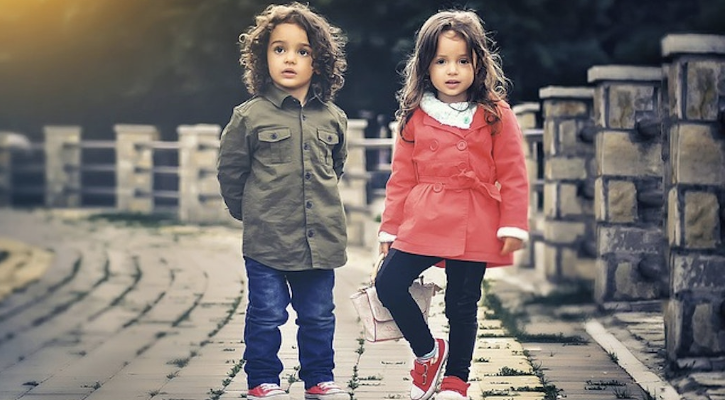Adoption 101: Key Differences Between Public and Private Adoption
10.15.2024

Helping couples navigate adoptions can be a rewarding area of law.
Family law attorney Casey Copps DiPaola explained the adoption process to attorneys attending a New York State Bar Association continuing legal education course on Tuesday.
Voluntary Adoption
Many couples choose an adoption agency to assist them. Agencies, which are licensed through the New York Office of Children and Family Services, handle the screening process including a home study, interview and background checks. The agency produces a report that is used by the courts to determine the family’s fitness to adopt children.
DiPaola says the profile of a typical birth mother has changed. In the past, many pregnant women started the adoption process earlier in the pregnancy and were involved in choosing the couple before the third trimester.
“These days we are seeing adoptive placements in the 9th month or when she is in labor or just had the baby,” said DiPaola. “You need to prepare your client for that. It’s not as long of a process with the birth mom.”
At the hospital, the child is surrendered to the agency and then given to the adoptive parents. DiPaola says most of these cases are handled in the hospital and outside of court. New York State has a 30-day revocation period during which the birthparents can petition the court for custody of the child.
“It’s important that adoptive parents know that it’s a long period of time” where the mother can revoke the surrender of the child.
Once the adoption paperwork is filed and parents are given a finalization hearing, DiPaola says these are joyous occasions and many parents invite family and friends to witness the proceeding. Some counties set aside a day in November, which is National Adoption Month, to handle several adoptions. Adoptive parents may have to wait an additional 12 months to receive the amended birth certificate, which they will need to get a Social Security card and a passport.
Foster Care Adoptions
Adopting children from the foster care system has different requirements and timelines. Adoptive parents must complete a specialized parenting course that teaches how to parent children who are victims of trauma and have psychological challenges. DiPaola adds that attorneys get involved in these cases after the child is “freed for adoption,” meaning the parents have surrendered their rights or are deceased. DiPaola warns that the post-COVID backlog still exists.
“It’s taking a lot longer to get to the point where children are freed for adoption,” she says. “There is still a backlog and continued staffing needs.”
One option, she stresses, is to consider adopting older children who are already freed for adoption, which expedites the process. Adoptive parents who have fostered a child for 12 months or longer may participate as a full party to custody hearings for that child. DiPaola says this can be helpful if an extended family member surfaces months later to petition for custody.
Private Adoption
In a private adoption scenario, there is no agency handling the prescreening and connecting with a birthparent. The client and attorney work together in vetting the candidates and providing background checks. DiPaola says most adoption attorneys charge a flat fee for service in these cases as opposed to an hourly rate.
The adoptive parents use social media, word of mouth and other advertising to connect with a woman looking to place her child for adoption. Private adoption can be less expensive, saving the couple thousands of dollars in agency fees, but it can be tough to find a match.
“Your clients have to be willing to put their story out there and put in the time and resources.” DiPaola said. “Attorneys are not allowed to match a couple with a birthmother. If your client is not willing to do the work, you need to connect them with an agency. Talk to your clients about the pros and cons of both public and private adoption. Couples are also susceptible to more scams in the private adoption world.”
DiPaola says scams include women asking for expenses to be paid without following through on the adoption to faking the pregnancy all together.
International Adoption
DiPaola outlined two paths for international adoption: readoption and the registration of a foreign adoption. In the first case, a child enters the U.S. with a Visa and must finish the legal process in the U.S. before the age of 18 to obtain citizenship.
In a registration of a foreign adoption, the parents meet the child before the adoption and the child enters the U.S. with a Visa and as a U.S. citizen. The process is finished by submitting to the court the foreign birth certificate and getting a U.S. adoption order. In both cases, DiPaola encourages attorneys to avoid putting any documents in the mail.
“I don’t mail documents for these cases, it’s too important. I do a personal mail delivery or courier, and parents are usually willing to pay extra for the service.”
The Adoption 101 webinar includes detailed references to court procedure and citations of law. The program is available on demand, including advice on how to help adoptive parents handle the post adoption contract with the birth family, adoption involving stepparents.




